Home>Ideas and Tips>Starting A Collection Of Antique Clocks
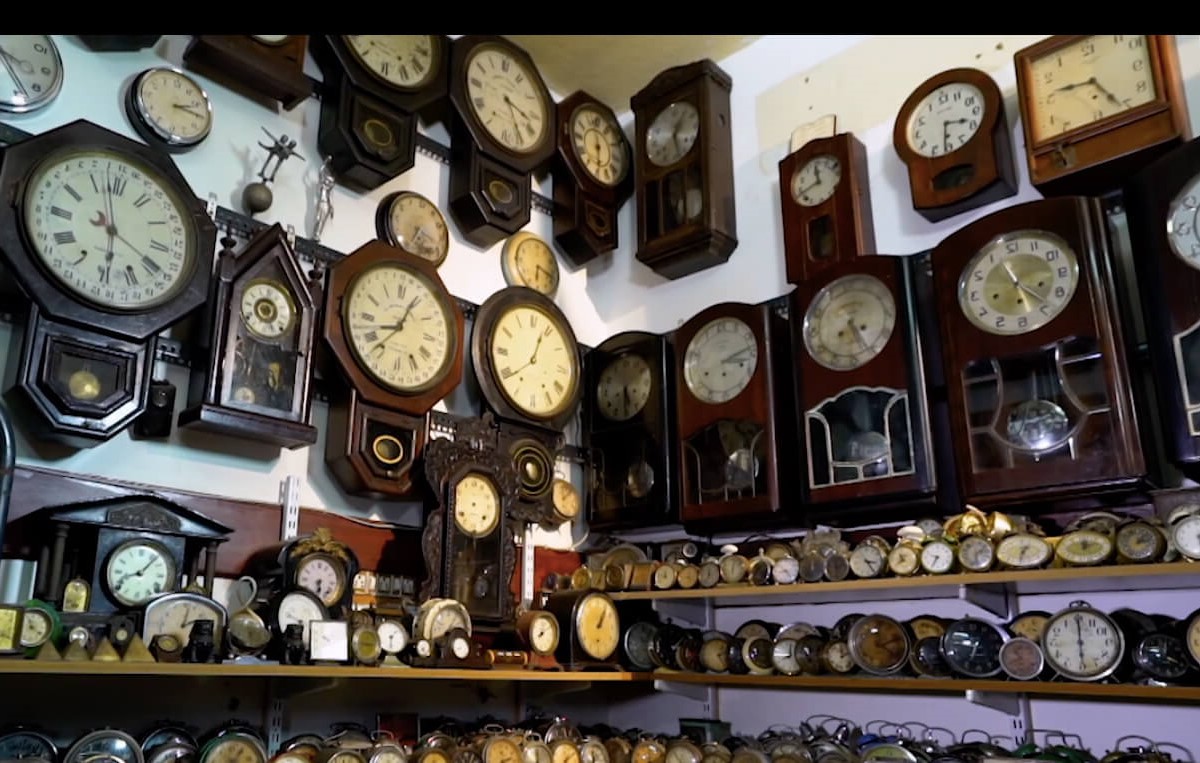

Ideas and Tips
Starting A Collection Of Antique Clocks
Published: November 3, 2024
Discover the art of collecting antique clocks with our comprehensive guide. Learn about types, care tips, and the historical significance of these timeless pieces.
(Many of the links in this article redirect to a specific reviewed product. Your purchase of these products through affiliate links helps to generate commission for Storables.com, at no extra cost. Learn more)
Collecting antique clocks is a fascinating hobby that combines history, craftsmanship, and aesthetics. Whether you're a seasoned collector or just starting out, this article will guide you through the process of building a collection of these timeless pieces. From understanding the different types of antique clocks to tips on how to care for them, we'll cover everything you need to know to start your journey.
Understanding Antique Clocks
Antique clocks have been a part of human history for centuries, serving not only as timekeepers but also as decorative pieces and symbols of status. They come in various forms, each with its own unique characteristics and historical significance.
Types of Antique Clocks
-
Mechanical Clocks
- Weight-Driven Clocks: These clocks use weights to power the mechanism. They are often seen in grandfather clocks and mantel clocks.
- Spring-Driven Clocks: These clocks use springs to power the mechanism. They are commonly found in pocket watches and wristwatches.
- Pendulum Clocks: These clocks use a pendulum to regulate the timekeeping mechanism. They were invented by Dutch scientist Christiaan Huygens in the 17th century.
-
Mantel Clocks
- Mantel clocks are designed to be placed on a mantle or shelf. They come in various styles, including French, English, and American designs.
- They often feature intricate carvings and ornate details, making them highly decorative pieces.
-
Grandfather Clocks
- Also known as longcase clocks, grandfather clocks stand tall and are typically placed against a wall.
- They have a distinctive shape with a large case that houses the clock mechanism and often features a pendulum.
-
Pocket Watches
- Pocket watches were carried in a pocket and were popular before wristwatches became common.
- They come in various styles, including gold, silver, and enamel decorations.
-
Wristwatches
- Wristwatches evolved from pocket watches and became popular during World War I.
- They are often decorated with intricate engravings or gemstones.
-
Automaton Clocks
- Automaton clocks feature mechanical figures that perform various actions at set times.
- These clocks are highly sought after by collectors due to their unique mechanical complexity.
-
Marine Chronometers
- Marine chronometers are highly accurate clocks designed for use at sea.
- They were crucial for navigation during the Age of Sail and are highly prized by collectors today.
Read more: How To Start A Wine Collection At Home
Reasons for Collecting Antique Clocks
Collecting antique clocks can be a rewarding hobby for several reasons:
-
Historical Significance
- Antique clocks provide a window into the past, offering insights into craftsmanship, technology, and societal values of bygone eras.
-
Aesthetic Appeal
- Antique clocks are often beautifully crafted with intricate details that make them decorative pieces in any room.
-
Investment Potential
- Certain types of antique clocks can appreciate in value over time, making them a potential investment opportunity.
-
Personal Connection
- Collecting antique clocks can be a personal journey, allowing you to connect with your heritage or family history.
-
Mechanical Intrigue
- The intricate mechanisms inside antique clocks are fascinating to observe and understand, offering a glimpse into the ingenuity of past craftsmen.
Starting Your Collection
If you're new to collecting antique clocks, here are some steps to help you get started:
-
Research
- Begin by learning about different types of antique clocks and their historical significance.
- Read books, articles, and online forums to gain a deeper understanding of the subject.
-
Set a Budget
- Determine how much you are willing to spend on your collection.
- Consider the cost of purchasing the clock, any necessary repairs or restoration, and storage.
-
Identify Your Interests
- Decide what type of antique clock you're interested in collecting (e.g., grandfather clocks, pocket watches).
- Focus on a specific era or style that resonates with you.
-
Visit Antique Shops and Auctions
- Visit local antique shops and attend auctions to see various types of antique clocks firsthand.
- Talk to dealers and collectors to gain insights into the market and potential purchases.
-
Join Collecting Communities
- Join online forums or local collector groups to connect with other enthusiasts.
- Participate in collector events and exhibitions to learn more about the hobby.
-
Inspect Before Purchase
- When purchasing an antique clock, inspect it thoroughly for any signs of damage or needed repairs.
- Consider hiring a professional appraiser if you're unsure about the clock's condition or authenticity.
-
Store Properly
- Once you've acquired an antique clock, ensure it is stored properly to maintain its condition.
- Use soft cloths to clean the surface and avoid exposing it to direct sunlight or moisture.
Caring for Your Collection
Proper care is essential to maintain the condition and value of your antique clock collection:
-
Cleaning
- Use soft cloths to clean the surface of your clocks, avoiding any harsh chemicals that could damage the finish.
- For more intricate details, consider using a soft-bristled brush or a specialized cleaning solution designed for antique items.
-
Humidity Control
- Keep your clocks away from areas with high humidity levels, such as basements or bathrooms.
- Use a dehumidifier if necessary to maintain a stable environment.
-
Temperature Control
- Avoid placing your clocks near heating vents or radiators as extreme temperatures can cause damage.
- Maintain a consistent room temperature between 60°F and 70°F (15°C and 21°C).
-
Handling
- Handle your clocks gently to avoid causing scratches or other damage.
- Use gloves when handling delicate pieces to prevent oils from your skin from affecting the finish.
-
Maintenance
- Regularly check your clocks for any signs of wear or needed repairs.
- Consider hiring a professional horologist if you're unsure about how to perform maintenance tasks.
-
Insurance
- Insure your collection against loss or damage.
- Consider getting coverage through a specialized collector's insurance policy that understands the unique needs of antique items.
Tips for Advanced Collectors
If you're an advanced collector looking to expand your knowledge or refine your collection:
-
Specialize in a Niche
- Focus on a specific niche within the world of antique clocks (e.g., marine chronometers, automaton clocks).
- This specialization can help you stand out in the collector community and potentially increase the value of your collection.
-
Document Your Collection
- Keep detailed records of each piece in your collection, including its history, condition, and any notable features.
- This documentation can be invaluable when appraising or selling pieces from your collection.
-
Participate in Restorations
- Consider participating in restoration projects for rare or historically significant clocks.
- This not only helps preserve these timepieces but also provides an opportunity to learn from experienced horologists.
-
Contribute to Research
- Contribute to ongoing research about antique clocks by sharing your knowledge with academic institutions or collector organizations.
- Your insights can help advance our understanding of these historical artifacts.
-
Engage with Other Collectors
- Engage with other collectors through online forums, collector events, or specialized clubs dedicated to antique clocks.
- Networking with fellow enthusiasts can lead to new discoveries and opportunities within the collector community.
Read also: 13 Best Antique Wall Clock for 2025
Conclusion
Collecting antique clocks is a rewarding hobby that offers a unique blend of history, craftsmanship, and personal connection. Whether you're just starting out or have been collecting for years, there is always more to learn and discover about these timeless pieces. By understanding different types of antique clocks, setting a budget, identifying your interests, and properly caring for your collection, you can build a legacy that will be cherished for generations to come.
This article provides a comprehensive guide for anyone interested in starting or expanding their collection of antique clocks. From understanding the historical significance and types of clocks available to tips on how to care for them properly, this guide covers everything you need to know to embark on this fascinating journey.
Was this page helpful?
At Storables.com, we guarantee accurate and reliable information. Our content, validated by Expert Board Contributors, is crafted following stringent Editorial Policies. We're committed to providing you with well-researched, expert-backed insights for all your informational needs.
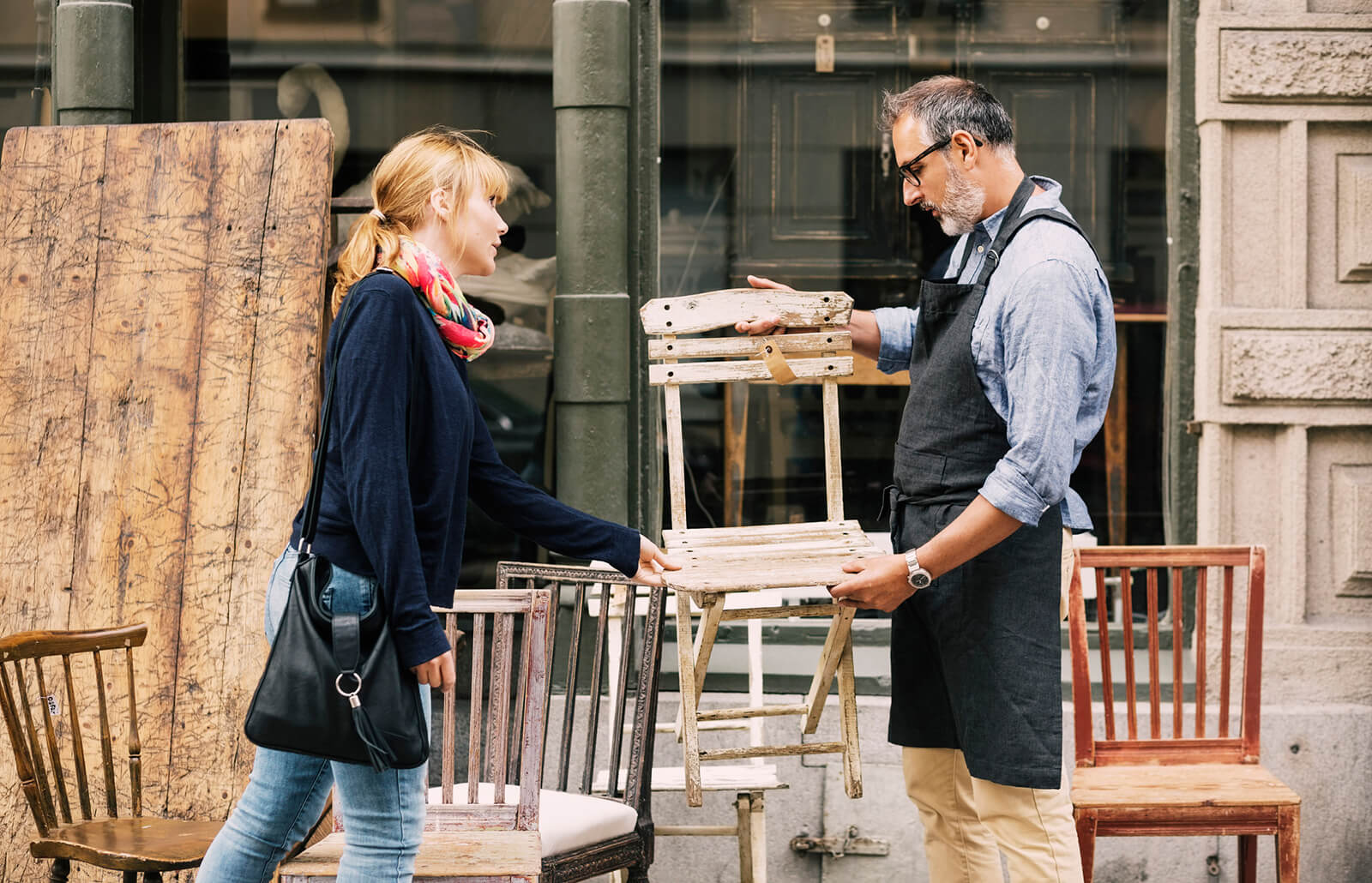
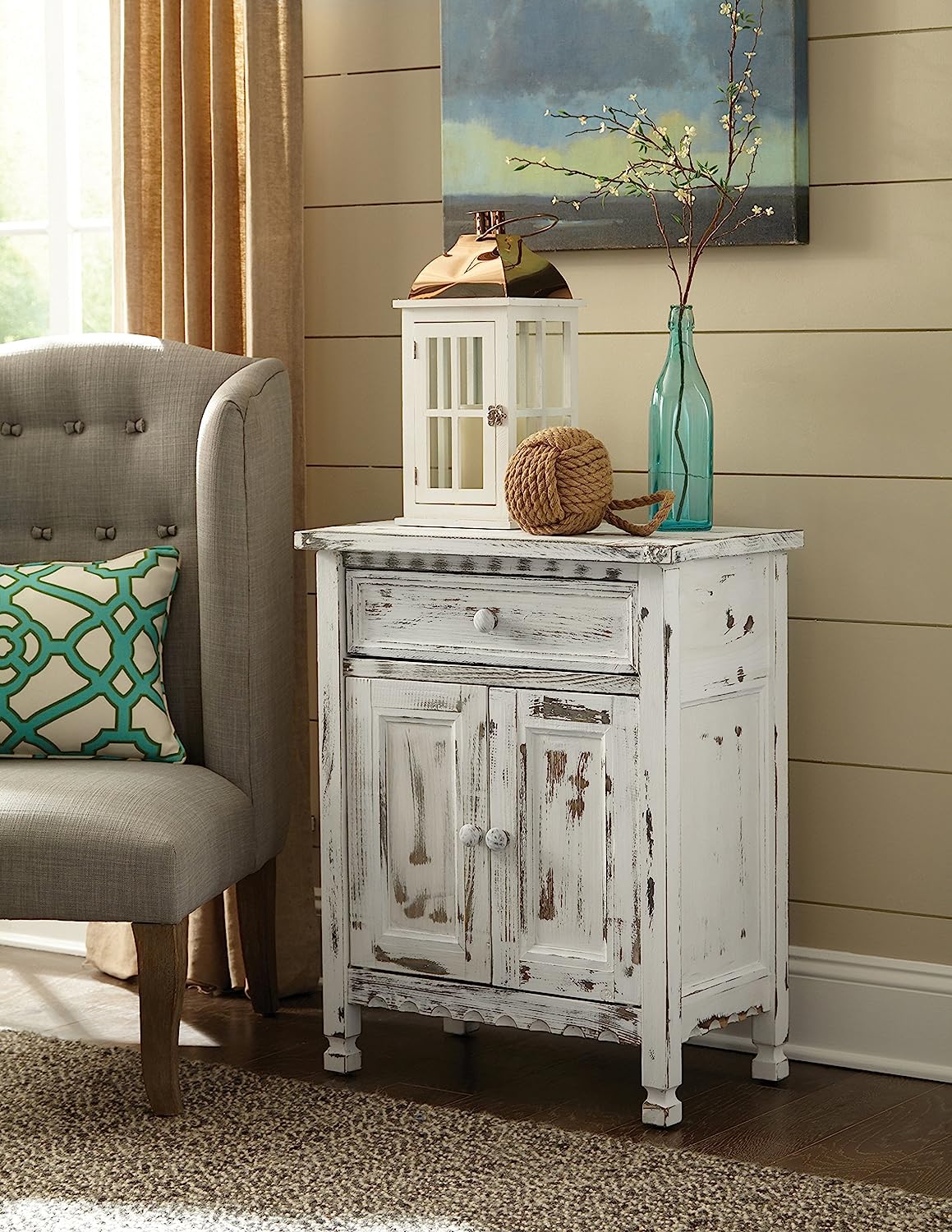
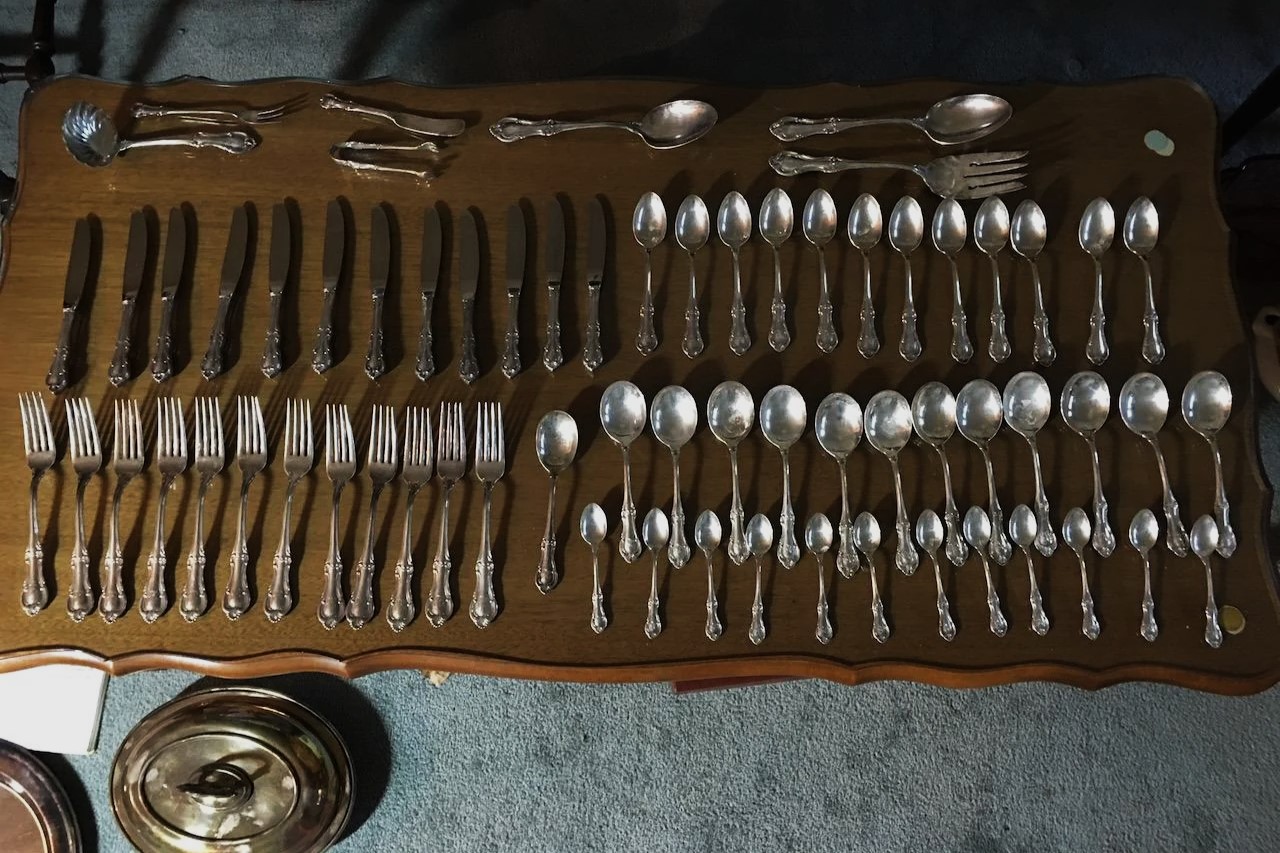
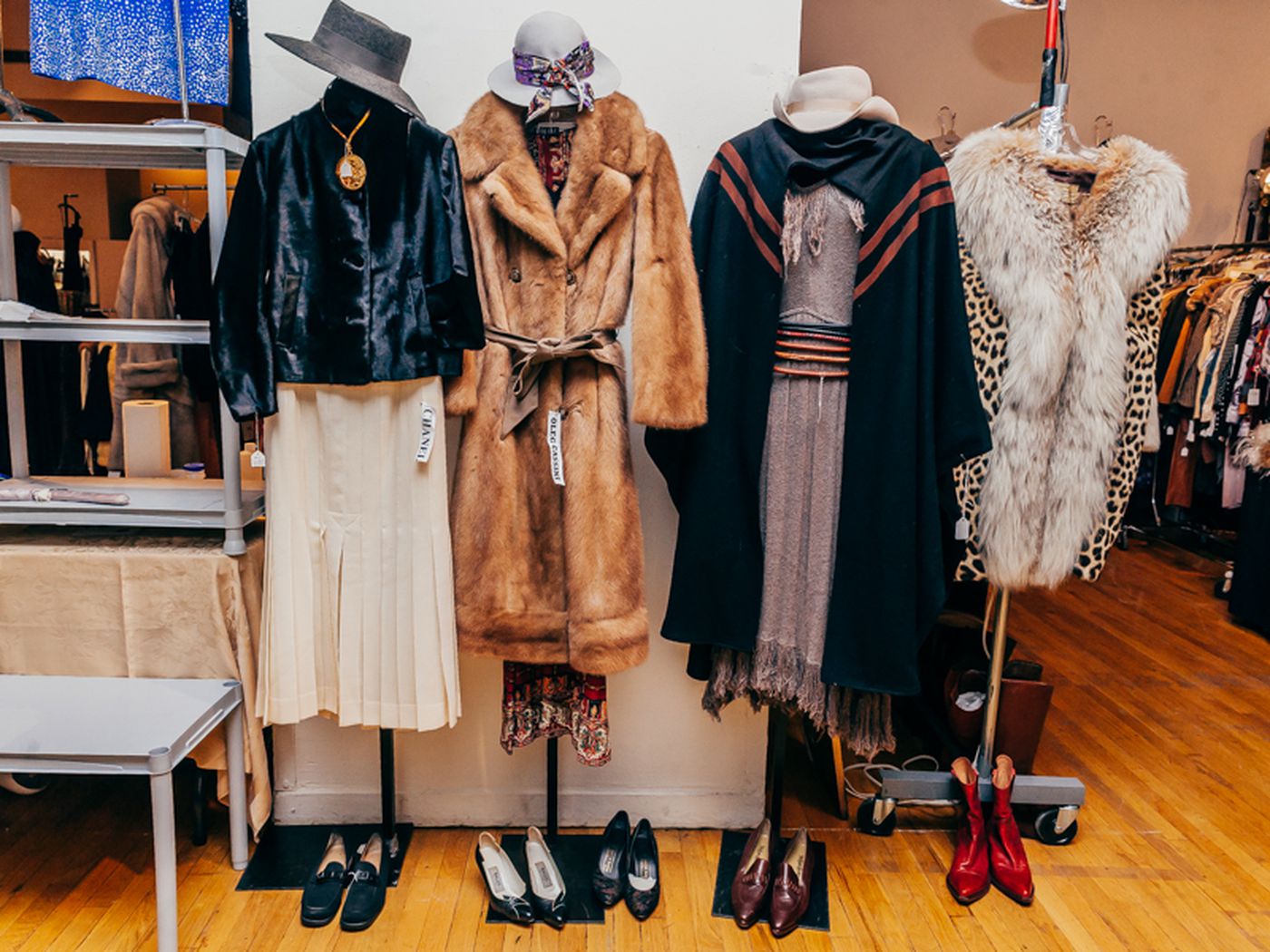
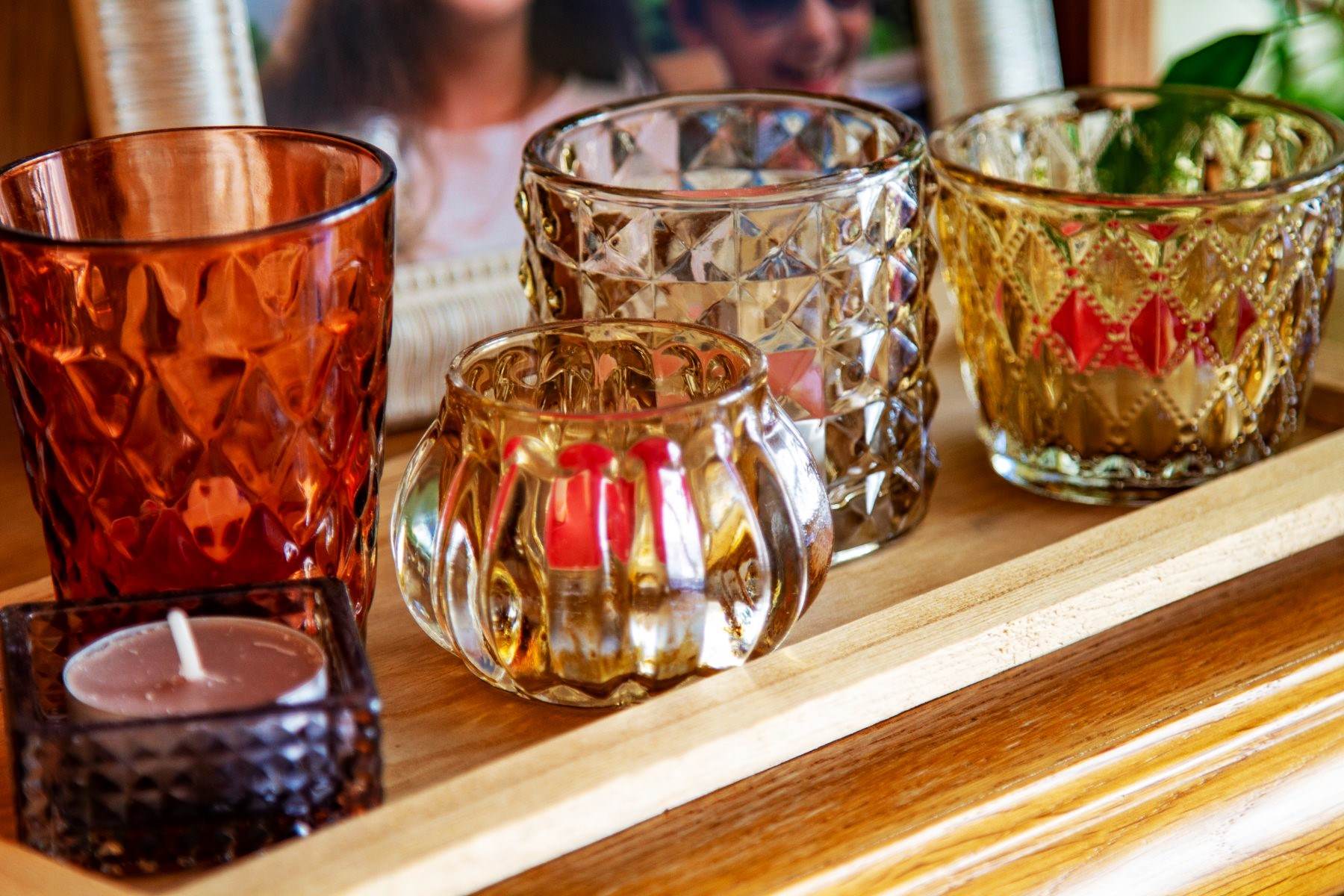
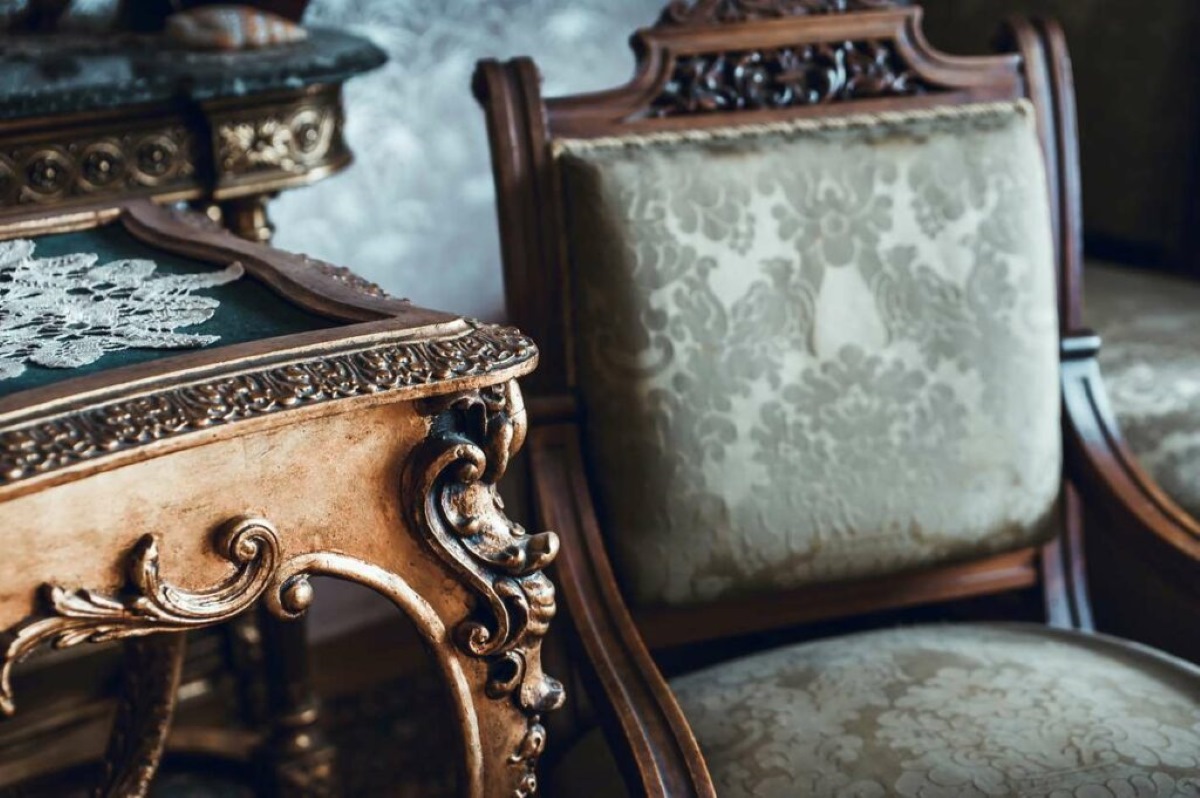

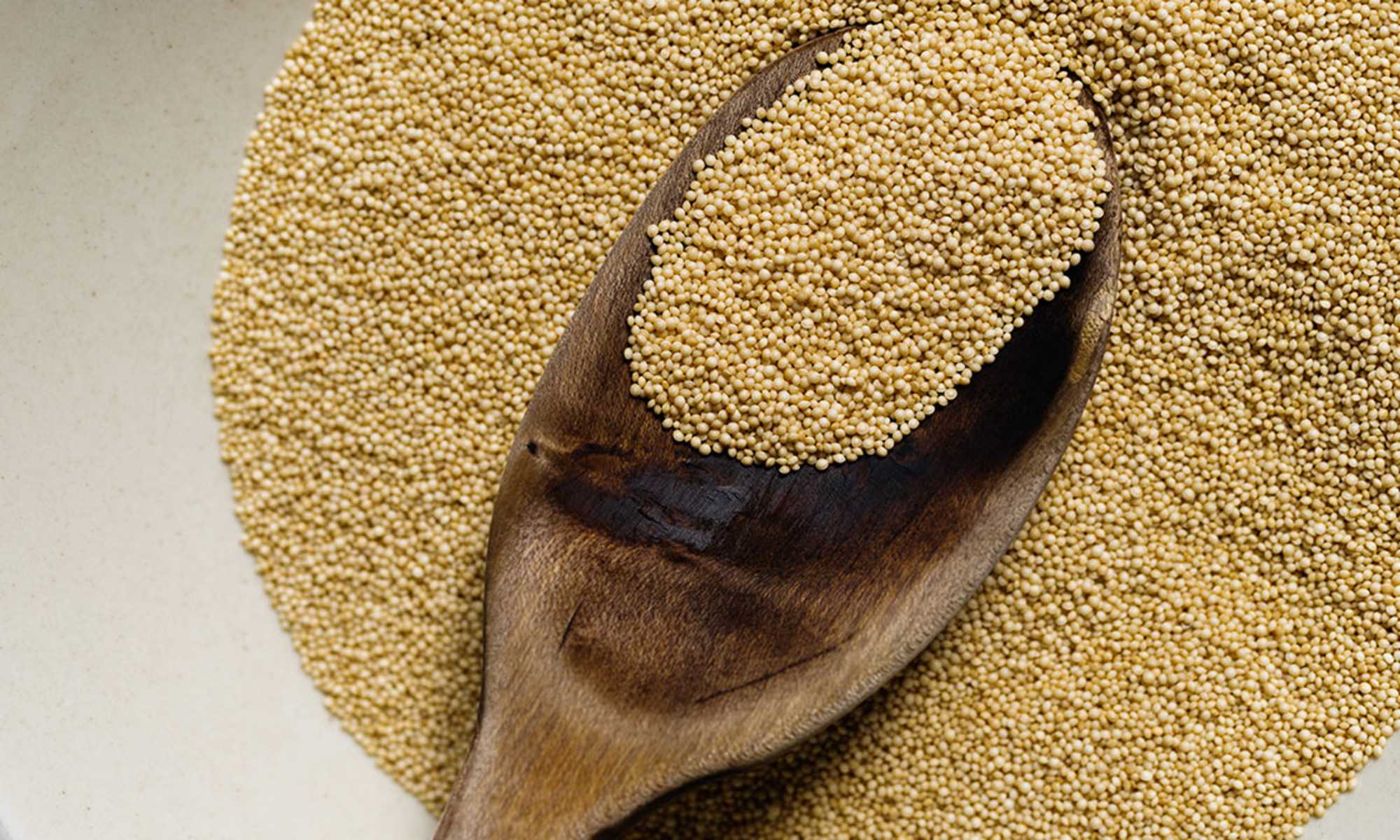
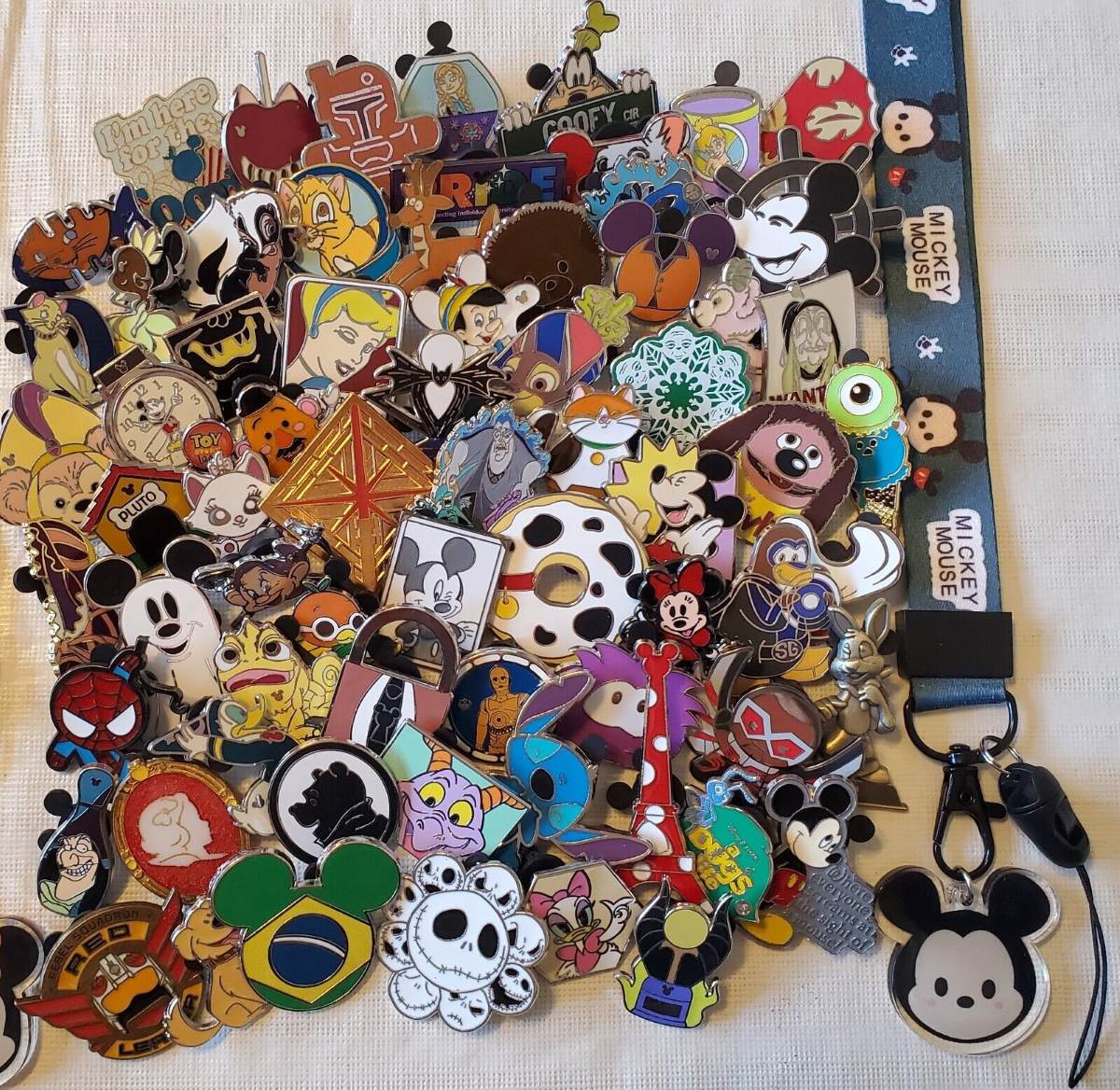
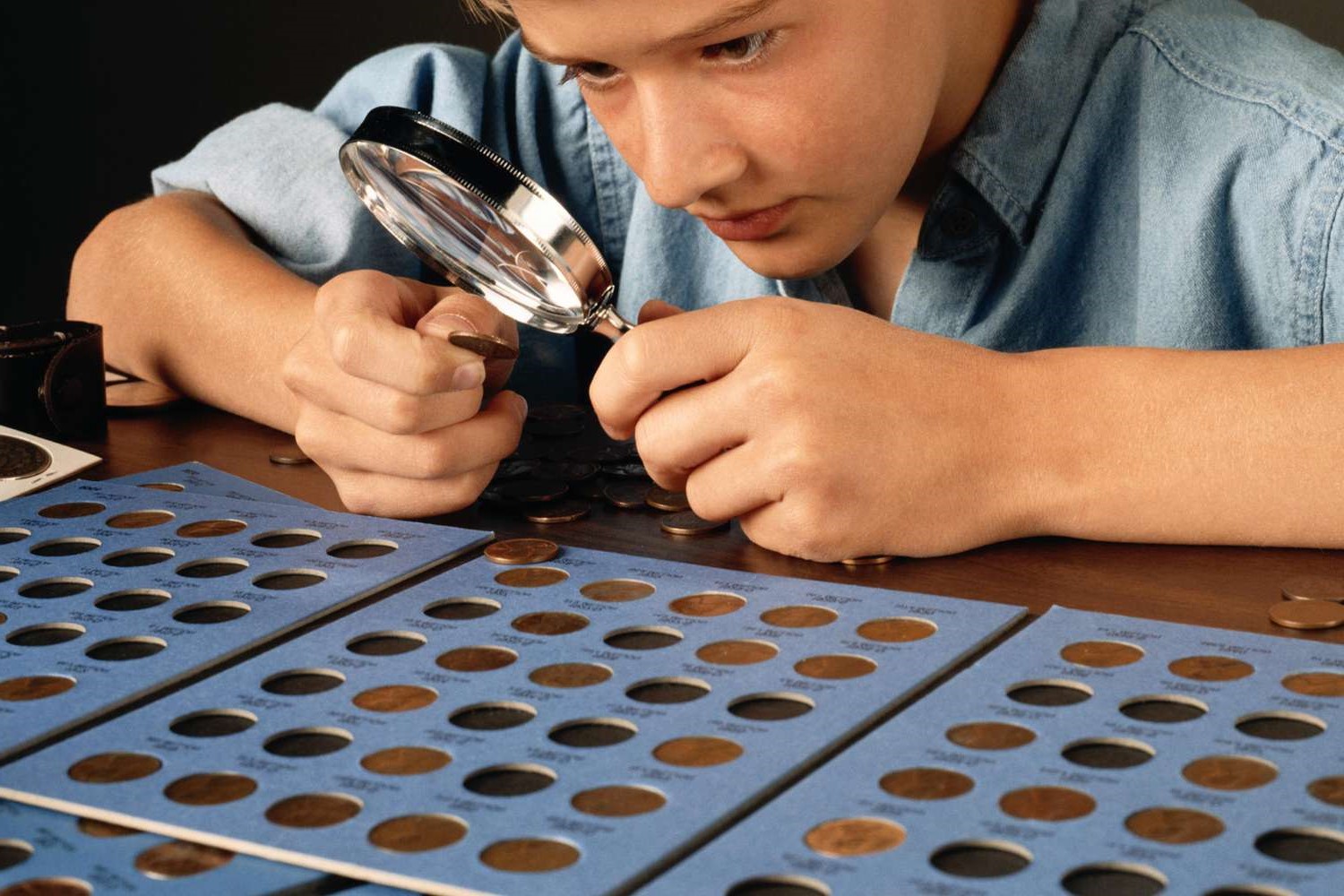

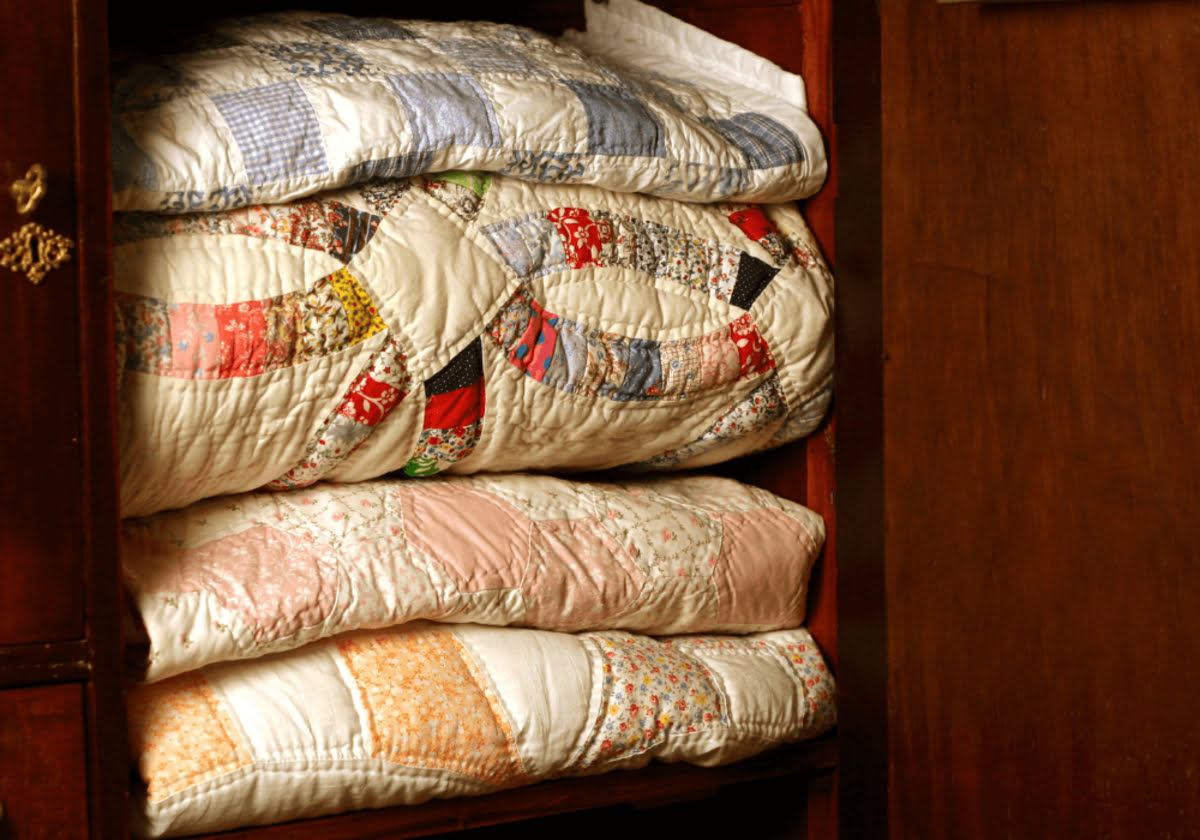
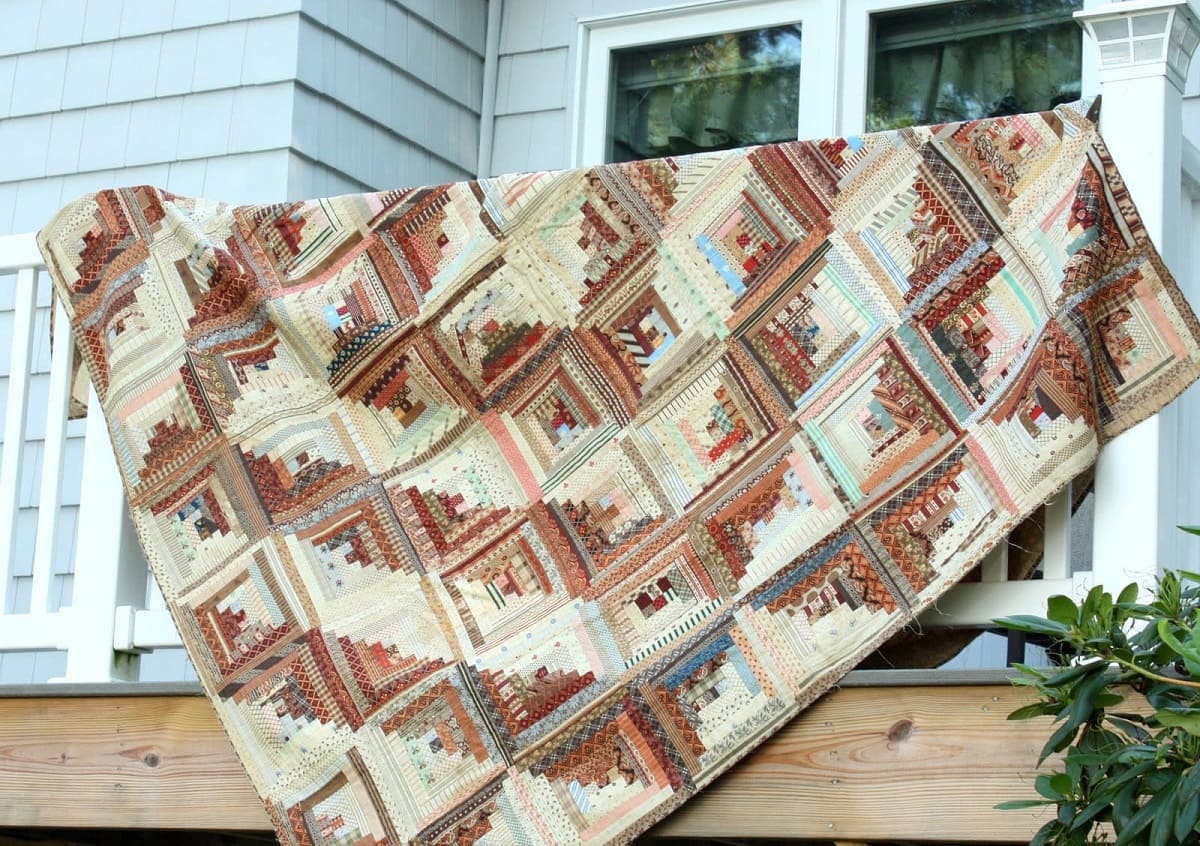
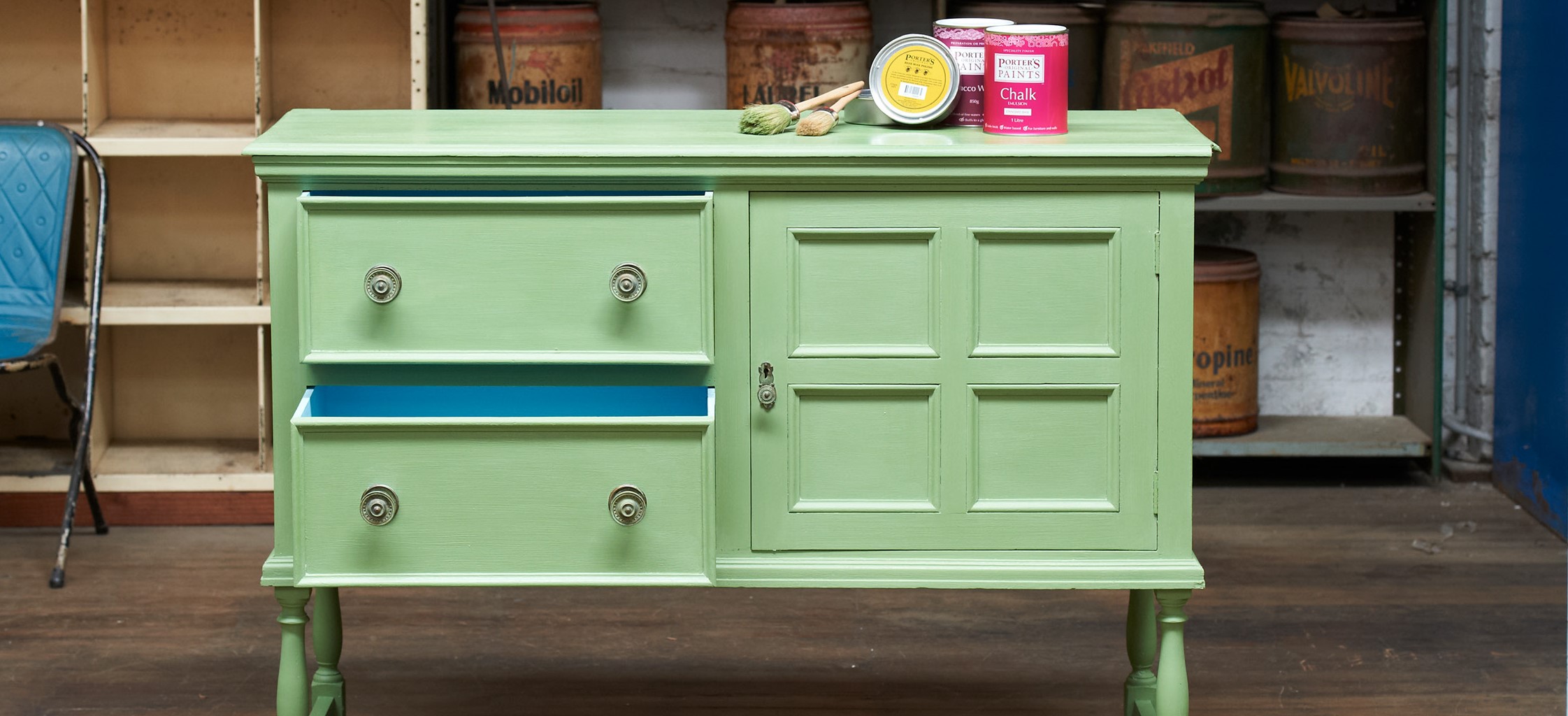

0 thoughts on “Starting A Collection Of Antique Clocks”